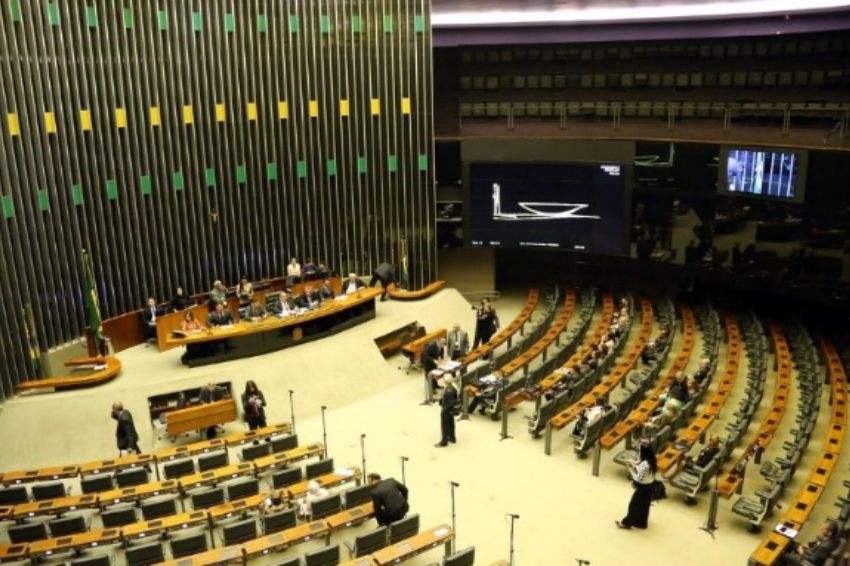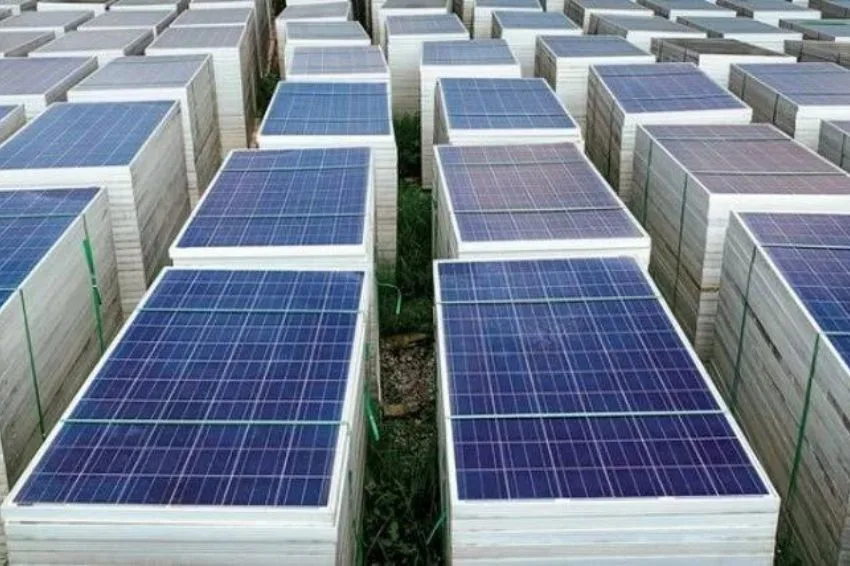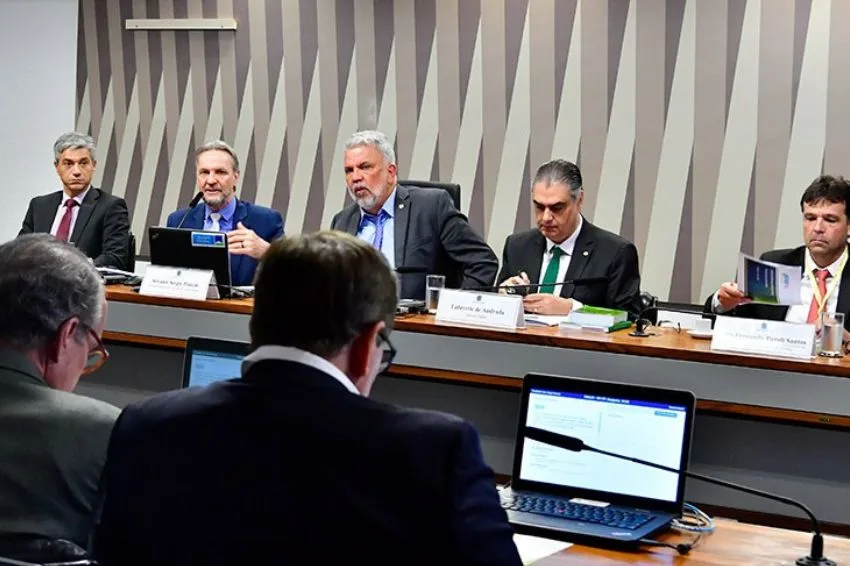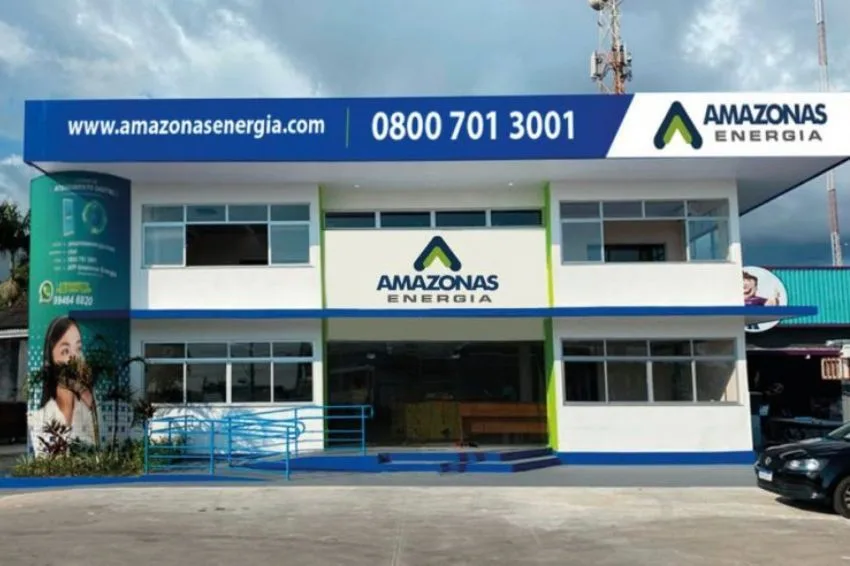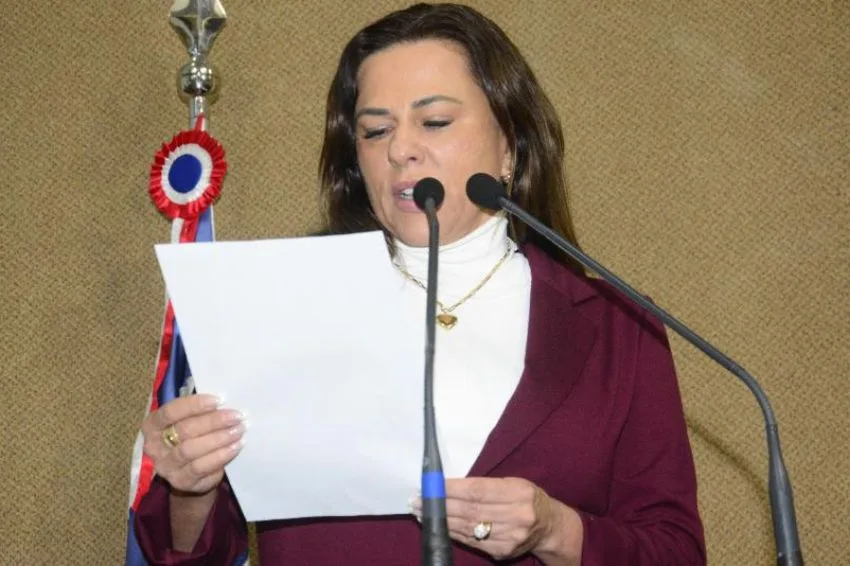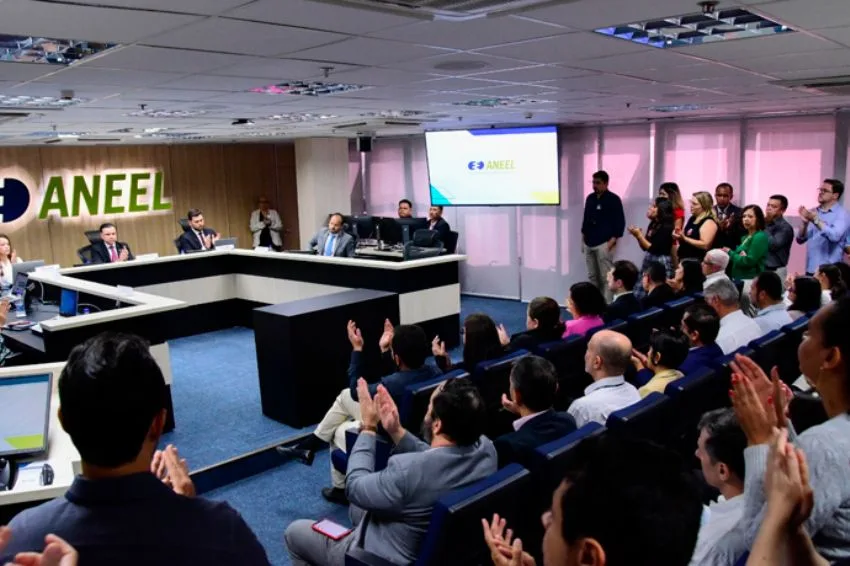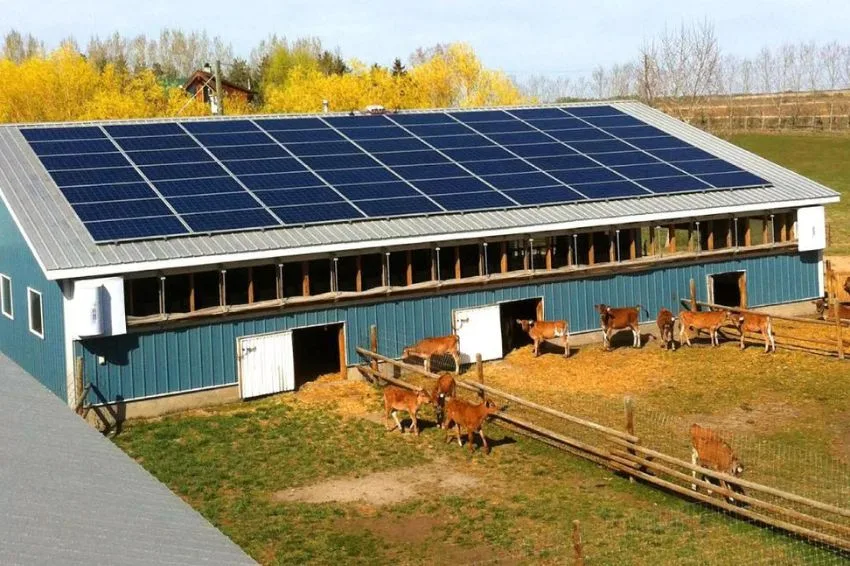A Chamber of Deputies approved, on Tuesday night (22), the urgency regime for PL 2703/2022 which aims to extend the deadline for the entry of the new energy compensation rules defined in Law 14,300 – rules that became popularly known as “sun taxation”.
With the approval of the request, the expectation is that the proposal can be discussed, discussed and voted on in the coming weeks. On November 8th, as reported by Canal Solar, the request obtained 266 signatures and was presented to the Chamber through party leaders.
What is an emergency regime?
O emergency regime does not require some regulatory formalities. To be processed under this regime, the proposal must deal with matters involving the defense of democratic society and fundamental freedoms, among other cases.
A proposal can also be processed urgently when a request is made to that effect. If the urgency is approved, the proposal will be placed on the Agenda of the following deliberative session, even if it is on the same day.
PL 2703/2022
Bill 2703/2022 extends the deadline until January 2024 for micro and mini electricity generators to request access to the distribution network without losing current benefits related to tariffs.
According to the proposal, the consumer-generator who requests connection with ANEEL (National Electric Energy Agency) by January 2024 will be able to maintain, until 2045, the current benefits of the SCEE (Electrical Energy Compensation System).
The SCEE allows these consumer-generators to pay tariffs only on the excess between what they put into the electricity grid and what they consume. Currently, this benefit is guaranteed to consumers connected to the distribution network within 12 months from the date of publication of the Law, which was on January 6, 2022.
Criticisms of ANEEL
Author of the bill, the deputy Celso Russomanno (Republicans/SP) criticizes the fact that ANEEL has not yet regulated the new law. “The rule that governs the matter within the scope of the regulatory agency was last updated on December 7, 2021, before, therefore, the publication of the law on January 6, 2022”, he lamented.
For him, distribution concessionaires have acted to harm users. “Distributors, at the same time as they create several obstacles for consumers who wish to generate their own energy, set up subsidiaries to explore distributed micro and mini generation, taking undue advantage of their asymmetrically advantageous position in relation to consumers”, he concluded.


